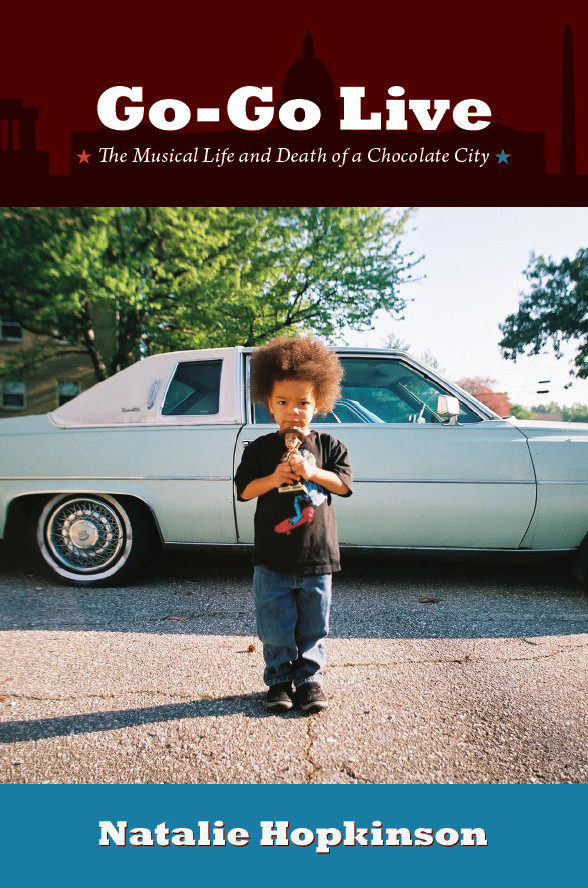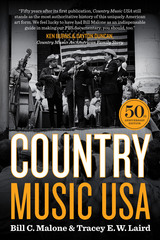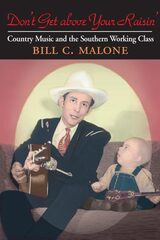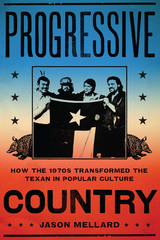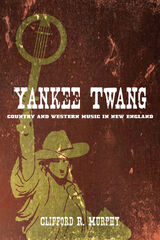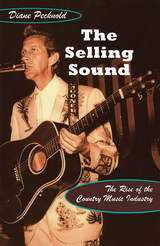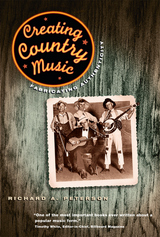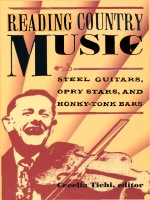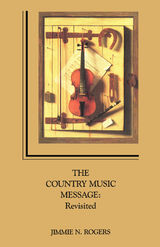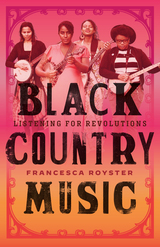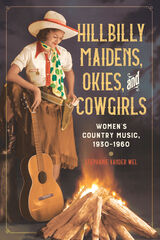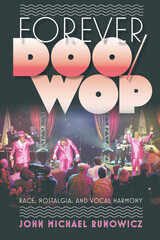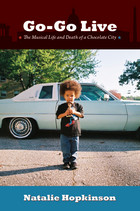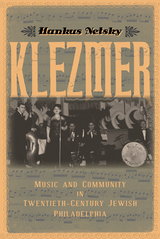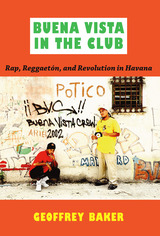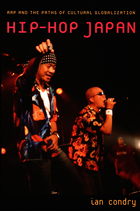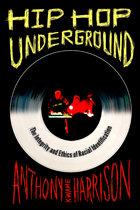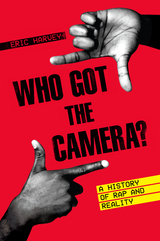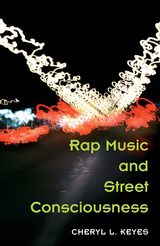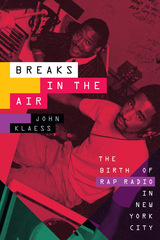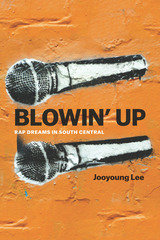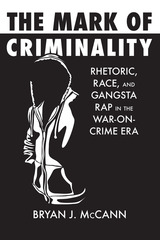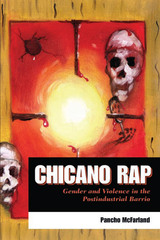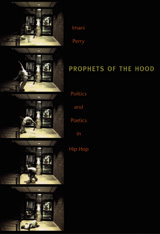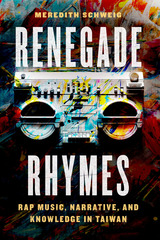"Go-Go Live is a terrific and important piece of work. Music, race, and the city are three key pivot points of our society, and Natalie Hopkinson pulls them together in a unique and powerful way. I have long adored Washington, D.C.'s go-go music. This book helped me understand the history of the city and the ways that it reflects the whole experience of race and culture in our society. It puts music front and center in the analysis of our urban experience, something which has been too long in coming."—Richard Florida, author of The Rise of the Creative Class and director of the Martin Prosperity Institute at the Rotman School of Management, University of Toronto
"Black Washington, D.C., has a famously rich history and culture. Natalie Hopkinson has an established reputation as one of the most sophisticated commentators on contemporary black culture in the capital city. Go-Go Live is not only a fascinating account of a musical culture, but also a social and cultural history of black Washington in the post–civil rights era."—Mark Anthony Neal, author of New Black Man
"Natalie Hopkinson knows the music, the heartbeat, and the people of Washington well, but Go-Go Live: The Musical Life and Death of a Chocolate City is much more than a book about D.C.'s indigenous sound. It is a vital, lively, and ultimately inspiring look at the evolution of an American city."—George Pelecanos
"Natalie Hopkinson's Go-Go Live: The Musical Life and Death of a Chocolate City demonstrates the essential connections between culture and community in an American city. For generations now, go-go music in Washington D.C. has not only given the authentic, nonfederal parts of that city its musical milestones, but it has—in the voice of so many great lead talkers—marked the civic and political time. From Chuck Brown forward, go-go has proven resilient and real. They say you can't understand this music unless you are there in the club, in the moment, but this book comes close."—David Simon, creator of the television series The Wire and Treme
"Taking us into the little-studied terrain of go-go, the cousin of hip-hop born and bred in Washington, D.C.¸ Natalie Hopkinson reveals go-go as a lens for seeing, in stark colors, how the economy, politics, and especially the drug trade have traduced black communities around the world."—Henry Louis Gates Jr., Alphonse Fletcher University Professor, Harvard University
“Part history of, part elegy for, ‘the displacement of black communities and a slow death of the Chocolate City,’ the text is supplemented by a rich photo insert documenting both dance floor and street. . . . Her assessment of a local phenomenon offers a glimpse of a culture off the mainstream’s radar.”
-- Publishers Weekly
“With the election of Barack Obama and the return of the white middle class to the urban core, Hopkinson’s beloved Chocolate City and the music it spawned may be a thing of the past. Go-Go Live is thus not just a work of scholarship but an eloquent piece of cultural partisanship, an elegy, a counter-narrative, a love letter.”
-- Michael Lindgren Washington Post
“Hopkinson's book is part requiem for a culture that she sees being cast aside by a changing DC, and part appreciation of its unlikely survival and evolution. Her interviewees are full of rich stories. . . .”
-- Mike Madden Bookforum
“[A] fascinating new book about go-go, D.C., and race in urban America. . . . Hopkinson’s book is also a plaint of ambivalent hopefulness that this post-Chocolate City, Barack Obama-era Washington, D.C., can begin to overcome that separate-and-unequal racial division still at the heart of America.”
-- Michael Corbin Baltimore City Paper
“. . . Go-Go Live is a good read for DC residents and music lovers in general - if for no other reason than its subject matter. In the 40 year history of go-go music this is only the second book ever written about the genre. The first being the seminal The Beat by Charles Stephenson and Kip Lornell. Hopefully books like The Beat and Go-Go Live will inspire the next generation of go-go fans to record and document their own experiences about their city and its amazing indigenous music.”
-- Sidney Thomas DC Examiner
“Go-Go Live is a compelling, methodologically bold ethnographic history of a city and artistic form that have both received too little scholarly attention. And in the wake of Chuck Brown’s death, its content and style can be appreciated by academics and go-go fans alike.”
-- Antonio Ramirez History News Network
“[I]t’s a shame that [Chuck] Brown wasn’t around to read the love, knowledge and understanding go-go, and black D.C. by extension, receive in Natalie Hopkinson’s Go-Go Live. . . . As Hopkinson makes clear, the life of urban black America involves issues that are far larger than music, but music is how black folk often work through them.”
-- Mark Reynolds PopMatters
“Hopkinson shows the strength of the Black community in the eyes of its eventual displacement. Go-Go Live isn’t just the history of a genre of Black music; it’s the history of Black people in a certain region of America. It’s the history of Black America itself.”
-- Stephon Johnson Amsterdam News
“Hopkinson writes with great, sometimes astonishing, insight, and this is a work that is sorely needed. Recommended for readers interested in gentrification, nongovernmental DC, and the music that animates its culture.”
-- Molly McArdle Library Journal
“No written work could fully capture the excitement of go-go culture, but Hopkinson comes close. . . . Go-Go Live provides a loving profile of this unique musical culture. By tying go-go to the tumultuous history of one of the US’s most important cities, Hopkinson’s work will undoubtedly become an important resource to students of music, race, and US history.”
-- Charles L. Hughes Popular Music and Society
"If you find yourself thinking earnestly about what we should be preserving of the D.C. we have inherited, you should definitely read Hopkinson’s book and then keep your ears tuned to the sounds it amplifies."
-- Kyle Dargan Washington Post
